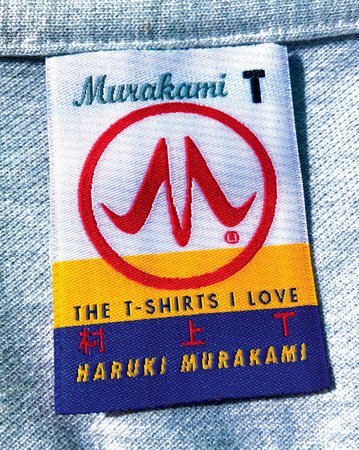I was blessed and cursed to grow up somewhere that gave winter a lot of utility. That’s simply because, if you were too short to do any damage on the basketball squad, there was really only one sensible thing to do: go skiing. But these days in grey Brooklyn—where there’s no place to strap up the bindings and indoor tennis is largely reserved for people in a different tax bracket than me—I’ve got a little more time to read coffee table books and listen to music. No complaints, all things considered!
Here are a couple of things that are especially good for a sunny interlude.
…
Can you imagine a more annoying phrase than, “I’ve been really into Italian library music lately?” Maybe not—but I’m going to say it anyway.
The genre dubbed ‘library’ is made up of instrumental cuts “written directly for radio, television or ad placement, in this case (Italian) the lush, string-laden, funk- and jazz-informed arrangements of classically trained Italian composers.” These records were produced at a particularly fervent moment; with expensive equipment, very few creative constraints, and a heavy dose of inspiration from the likes of Chuck Berry and Miles Davis mixed with their own orchestral training, European composers of the mid-70’s truly let loose. All that for a bubble gum ad that may have never seen the light of day (or, of course, a number of Spaghetti Westerns that did).
There are a few names you might know from their work in major films, like Ennio Morricone and Piero Umiliani, but there are also a lot of mysterious arrangers about whom little is known. It makes sense, given that Italian Library records sometimes saw as few as 200 pressings. Thankfully there’s something of a revival happening, and even a few modern practitioners like Sven Wunder.
As Finn Cohen described in the New York Times, the spirit of Italian library also reflects the time in which it was created. “The late 1960s until the early 1980s were full of turmoil between left-wing, far-right and neo-fascist protesters in Italy…While these composers were locked away in studios, the fantastical sounds they made were like portals to a different world.” And dreamy they are—sometimes whimsical, even a little silly, yet routinely offering up glimmering moments that stop and make you look around in awe and appreciation.
That’s a nice thing, and reason enough to recommend Piano Fender Blues by Piero Umiliani in particular.
…
A couple of years ago, my pal Mike’s girlfriend turned up to a round of birthday drinks with a gift for me. It was a tote with cute writing and a small cat that said, “I love Haruki Murakami.” Either someone clued her in or she had good intuition, but, either way, she was relieved when I asked how she’d known it to be true.
People identify with Murakami’s writing for all sorts of reasons, but I’m most drawn to his representations of all things banal. In fact, I’m not really into his other-worldly stuff (Kafka on the Shore felt like a slog to me). A story like “Confessions of a Shinagawa Monkey” is more my speed, mainly because there are nice descriptions of drinking beer, hanging out in spas, and exchanging pleasantries with animals. I have a secret theory that this one is inspired by the James Taylor album Gorilla, but we can save that for another time.
Anyway, that bag is especially relevant given the Murakami collection I’ve lately been enjoying, a set of short essays about his t-shirt collection called Murakami T: The T-Shirts I Love. The book is about as simple as it sounds, featuring entries on the author’s t-shirts that somehow or another intersect with his passions of running, jazz records, bookstores, Americana, and much else. The joy of it, too, comes from him pontificating on the meaning of random t-shirts bearing the names of Google Analytics, universities he didn’t attend, and condiment conglomerates—plus shirts that’ll never be worn, like one that says ‘Keep calm and read Murakami.”
A favorite moment comes from a chapter on t-shirts with bears on them. Picking up a T that reads LIFE’S BETTER IN VENTURA, CA, he wonders,
I haven’t been there yet, but according to an informational pamphlet I read it sounds pretty nice—warm year-round, with little rain, and lots of gorgeous beaches. But will going there really improve your life? That much, I can’t say.
